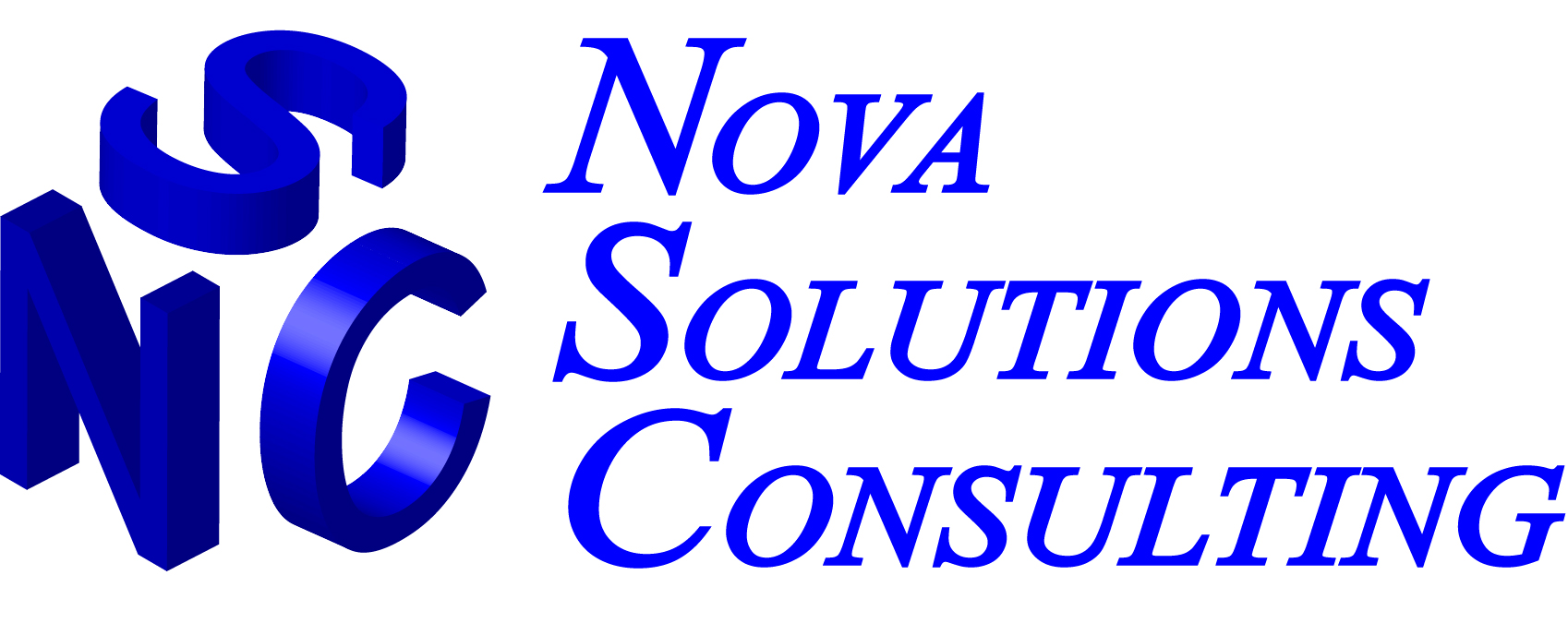Medicine in the 21st Century
In the 21st century, medicine is a very fast paced, fast advancing and fast developing field that is characterized by the continuous introduction of, for example, new technologies and therapy approaches. Healthcare professionals and specialists have to keep up with the speed of development and advancement at all times. By the same token, medical licensing exams have also changed dramatically in structure, content, the way they are being administered, and their passing requirements. Understandably, those changes have profound effects on medical education. Medical schools must react accordingly and continuously monitor and adjust their preclinical and clinical curricula to meet the ever changing realities of medical practice and licensing exams.
Consequently, medical education has undergone a tremendous transformation since the turn of the century. It has become much more complex, complicated, and the information content to be processed and integrated by students and faculty alike has increased significantly.
Additionally, the requirements for accreditation of international medical schools in the US are going to change significantly in the near future. The Educational Committee for Foreign Medical Graduates (ECFMG) published that starting 2023 all graduates from international medical schools must have graduated from appropriately accredited medical schools in order to be eligible for residency training in the US.
The accreditation of international medical schools will, as outlined in the ECFMG documents, follow the criteria established by the World Federation of Medical Education (WFME). Recently, the Caribbean Accreditation Authority for Education in Medicine and Other Health Professions (CAAM-HP) was approved by the WFME as the sole accreditation body for the Caribbean region. This recognition was the first of its kind issued by the WFME. It is expected that WFME recognitions for other regions will follow in the near future.


